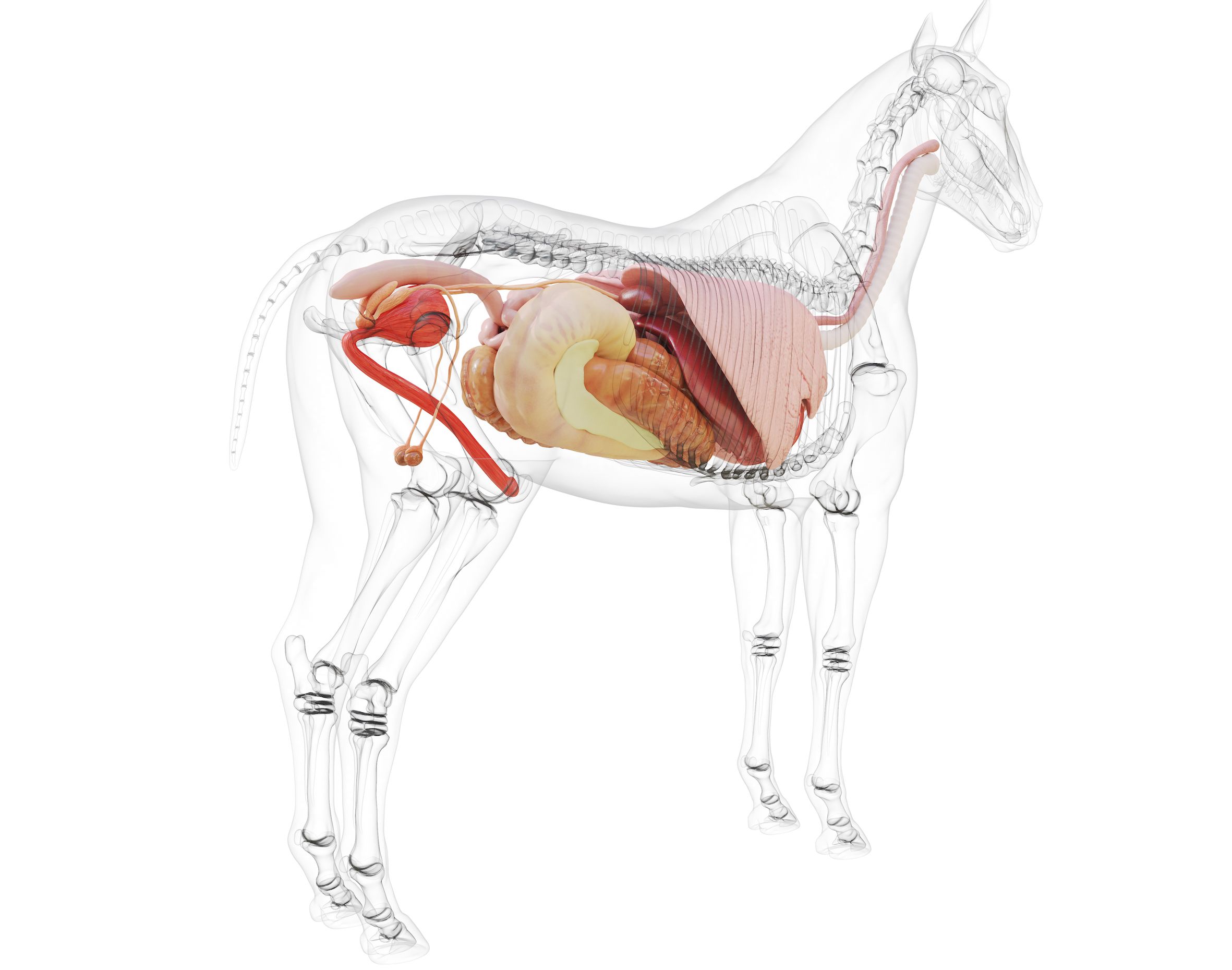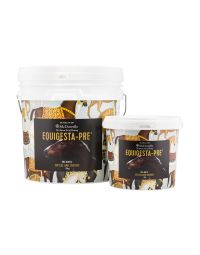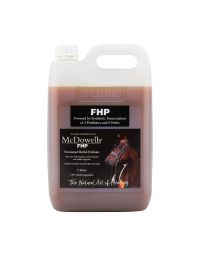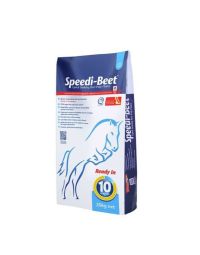The horse’s digestive system is built around a remarkable partnership with microbes. In the hindgut (the cecum and colon), billions of bacteria, fungi, and protozoa break down fibrous plants that horses themselves cannot digest. This process not only provides vital nutrients in the form of volatile fatty acids (VFAs), but also supports immune health, energy production, and resilience against disease.
Maintaining a healthy and diverse gut microbiome is therefore essential for your horse’s wellbeing. Disruptions in the microbial community can lead to problems such as colic, laminitis, diarrhoea, weight loss, or compromised immunity. Here are evidence-based strategies to support your horse’s gut health through diet and management:
1. Prioritise good quality forage
Forage should make up the majority of a horse’s diet - ideally 1.5–2% of body weight in hay, haylage, or pasture daily. Long-stem fibre provides the slow-release carbohydrates the hindgut microbes thrive on. Abrupt reductions in forage or sudden changes in hay source can destabilise the microbial population, so always introduce new forage gradually.
2. Limit starch and sugars
High-starch feeds (such as cereal grains) and sugary treats can overwhelm the hindgut, causing rapid fermentation and production of lactic acid. This can reduce microbial diversity and increase the risk of hindgut acidosis and laminitis. If your horse needs extra calories, consider fibre-based alternatives such as beet pulp or oil-based supplements like hemp.
3. Introduce Dietary Changes Slowly
Research shows that the equine gut microbiome takes 2–3 weeks to adjust to dietary shifts. Introducing new feeds gradually allows microbial populations to adapt, reducing the risk of digestive upset.
4. Support microbial diversity with prebiotics and probiotics
Prebiotics (e.g., mannan oligosaccharides, inulin, or yeast cell wall extracts) act as food for beneficial bacteria.
Probiotics (live yeast such as Saccharomyces cerevisiae) have been shown to stabilise hindgut fermentation, improve fibre digestion, and support horses under stress or on high-grain diets.
5. Encourage natural grazing behaviour
Allowing your horse to eat little and often—whether on pasture or through slow feeders—mimics the natural trickle-feeding pattern. This steady supply of forage maintains a stable gut environment, reducing acidity and supporting microbial balance.
6. Reduce stress factors
Stress alters the gut microbiome and can trigger digestive issues. Ensuring regular turnout, companionship, and a consistent routine helps minimise stress-induced microbial imbalance.
7. Avoid overuse of antibiotics and medications
While sometimes essential, antibiotics and certain anti-inflammatory drugs can disrupt the microbiome. If your horse requires them, speak with your vet about dietary support (such as probiotics) to help recovery.
8. Hydration matters!
Adequate clean, fresh water keeps ingesta moving through the digestive tract and supports fermentation. Dehydration can slow gut motility and negatively affect microbial populations.
9. Seasonal and pasture considerations
Spring grass flushes high in sugars can disrupt hindgut balance, especially in laminitis-prone horses. Rotational grazing, restricted access, or feeding supplementary hay during risky periods can help keep the microbiome stable.
A Holistic Approach
At McDowells Herbal, we take a natural and holistic view of gut health, recognising that diet, environment, and stress management all play a role. Herbal blends can be used alongside sound feeding practices to soothe the digestive system, encourage microbial diversity, and promote resilience.
If you’re concerned about your horse’s digestion, condition, or feeding program, we invite you to reach out for a free consultation. Together, we can design a tailored plan to support your horse’s microbiome and overall wellbeing.
McDowells Recommendations
Equigesta-Pre
Equigesta-Pre contains a combination of pure herbal powders, brewer's yeast and bentonite clay. Traditionally this combination has been used to aid and promote beneficial intestinal microorganisms.
Our unique blend can be used daily as an equine prebiotic to support and stimulate the growth and activity of good bacteria in the digestive system.
Speedi-beet
Speedi-Beet is a highly nutritious, quick soaking beet pulp feed that’s 95% sugar free with no added molasses.
Made using British Beet Pulp, Speedi-Beet is subjected to a cooking process to produce a palatable and all-around superior beet pulp for horses. It’s also safe to feed to horses prone to laminitis.
FHP
FHP contains beneficial microbial flora; Lactobacillus casei, Lactobacillus plantarum, Saccharomyces cerevisiae, and 9 herbs.
Symbiotic fermentation is the process where multiple organisms (yeasts, acetic acid bacteria, lactic acid bacteria and others) interact to allow the active compounds from herbs to express their true biological nature when digested. Fermented botanicals offer a broad spectrum of nutrients which help to create a favourable environment in the animal’s gut that contributes to their overall health via the microbiota.



